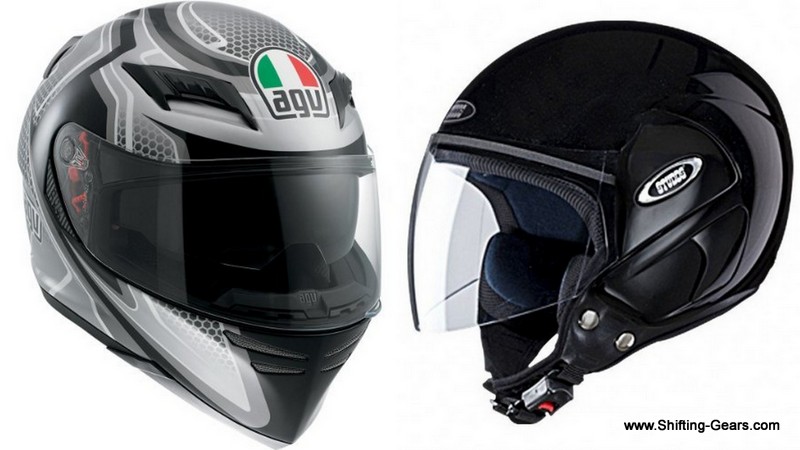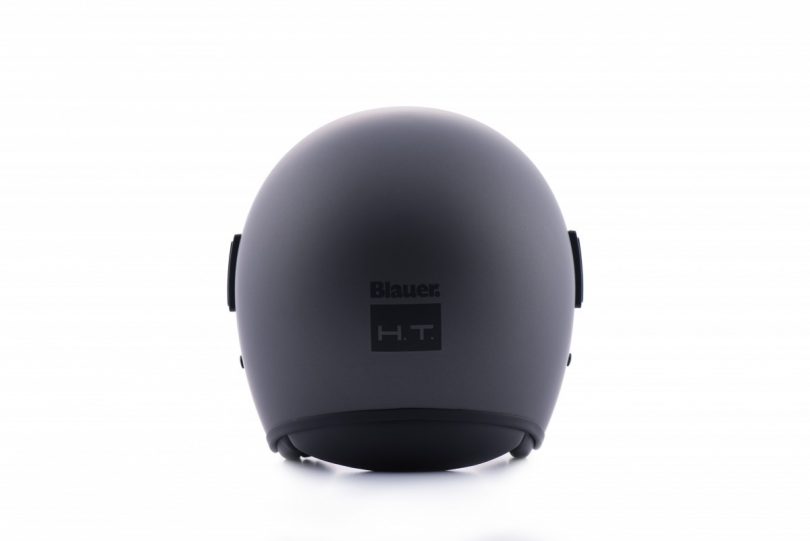In a circular late last year, the Ministry of Road Transport and Highways announced its intention to bring new rules pertaining to helmets. MoRTH, on November 26th 2020, revealed that all two-wheeler helmets must comply with the Bureau of Indian Standards (BIS). These helmets must also bear the Indian Standards (ISI) Mark.
On June 1st 2021, MoRTH passed the “Helmet for riders of Two Wheeler Motor Vehicles (Quality Control) Order, 2020”. Under this new rule, all two-wheeler helmets must come with BIS certification and ISI mark. If not so the Government will strictly penalise such offenders. MoRTH also revealed that authorities would take strict action against offenders. This includes any person involved in manufacturing, storage, import, sales of the non-ISI helmet.
What are the penalties for Non-Compliance?
Any person involved in the import, manufacture, sale or storage may get a fine of up to INR 5 lakh. The person engaged in such activity could also face imprisonment for a term of up to 1-year. Persons involved in counterfeiting ISI marks and applying such marks on non-ISI compliant helmets will also attract a hefty fine. Such individuals may also get a longer jail term that may extend to up to 2 years.
Why use only ISI/BIS helmets?
The hefty fine amount and jail term will deter manufacturers from making sub-standard helmets. These sub-standard helmets are cheaper than helmets that conform to the Bureau of Indian Standards (BIS). Such helmets cause head injuries to two-wheeler riders during an accident that a user may avoid using an ISI branded helmet.
Collateral Damage
The Indian standard (IS: 4151) is based on the ECE 22-05 standard. Still, the new rule will not allow citizens to import high quality and high-performance helmets that are equal to and above the Indian Standard. In an ideal situation, the Government could allow the import, sale, storage of helmets that conform to similar or above the ISI/BIS.
But such is not the case here, which restrains the Indian buyer who wishes to buy the best product on the market. Arguably international helmet manufacturers could also apply to certify their helmets under Indian Standards. Some global manufacturers who have a high sales volume may go through the process, but others with low volumes may not find this viable.
Also Read: New tyre norms coming to India to help customers



